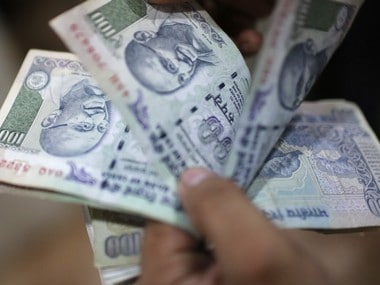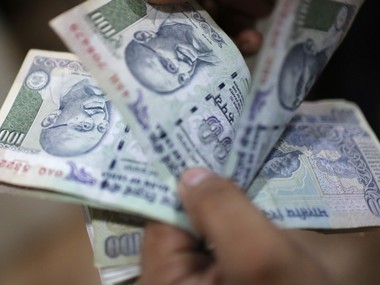India’s jump off 23 positions to 77th rank in the global ‘Ease of Doing Business’ is an indication that the country has now started providing a conducive environment for business to thrive in the nation . The World Bank in its report stated that India has improved its rank on six out of the 10 parameters influencing the ease of doing business, one of which is the insolvency resolution process. To examine how could the Insolvency and Bankruptcy Code (IBC) do that, a legislative overview of the Code is in order. The IBC, introduced in 2016, seeks to consolidate all the laws involving insolvency and bankruptcy such that the functioning of non-performing assets (NPAs) is resolved at the earliest. The NPAs have been a cause of concern for the banking sector for a very long time and have been increasing exponentially over the last two years. The objective of the Code itself makes the point of promoting business in the country very clear with the wordings: An Act to consolidate and amend the laws relating to reorganisation and insolvency resolution of corporate persons, partnership firms and individuals in a time bound manner for maximisation of value of assets of such persons, to promote entrepreneurship, availability of credit and balance the interests of all the stakeholders including alteration in the order of priority of payment of Government dues and to establish an Insolvency and Bankruptcy Board of India, and for matters connected therewith or incidental thereto. [caption id=“attachment_5305381” align=“alignleft” width=“380”]  Representational image. Reuters[/caption] As per Section 4 of the IBC, the insolvency and liquidation process can only be initiated when the minimum amount of default is Rs one lakh. This process, with the enactment of the IBC, can be initiated by the creditor, thus making a departure from the earlier order wherein the debtor was responsible to initiate the proceeding of insolvency with the only recourse available to the creditor being an institution of a suit for recovery of debts. Under Section 6 of the IBC, the process of insolvency under the Act may begin when there is a default on a debt owed, either at the behest of the debtor, or the financial or operational creditor. The application is filed before the Adjudicating Authority who, under Section 7 (4) is mandated to ascertain the existence of a default from the records of an information utility or on the basis of other evidence furnished, within fourteen days of the receipt of the application. Thereafter, a reasonable time of ten days is provided to the debtor or creditor to provide proof of payment of the debt or to show the existence of a dispute, if any, and record of the pendency of the suit or arbitration proceedings filed before the receipt of such notice or invoice in relation to such dispute under Section 8. If a reply is not provided within ten days, then the insolvency resolution process can commence. Thereafter, a definite time of 180 days is provided (with an extension of 90 days if 75 percent of the committee of creditors agree to it). This is a significant step towards helping the running of a business in the country as, before the IBC, there were a plethora of legislations that did not resolve the default by the company at such a staggering pace. In the event that the process of resolution of insolvency fails, i.e., the company cannot be revived by the reconstruction of its various assets, the process of liquidation starts. Section 33 of the IBC provides for the different circumstances under which the process can be initiated including vote by the creditors to initiate liquidation, non-receipt/rejection of the resolution plan by the authority, etc. The liquidator so appointed, after determination of the valuation of the claims, has to distribute the assets held by the debtor according to the mechanism provided under Section 53 of the IBC. Thus the dual mechanism of insolvency and thereafter liquidation creates an efficient system of Insolvency Laws, which is very critical for the development of any economy. It provides a safe exit route for companies that have failed despite making all the efforts to revive it. It is a known fact that 9 out of 10 startups fail. It is important to consider that a significant amount of investor’s capital is locked up in all such failed startups.
The purpose of an efficient insolvency regime is to release such locked capital, in the least amount of time possible.
The IBC through the provisions highlighted is helping in achieving the same. While the debate concerning the development of India is still ongoing, strong and efficient laws like the IBC helps develop a conducive atmosphere for a strong business environment to flourish. (Pandey is an Assistant Professor of Law at Maharashtra National Law University, Mumbai and Bist is a Fourth Year student of Law at Maharashtra National Law University, Mumbai)


)

)
)
)
)
)
)
)
)



